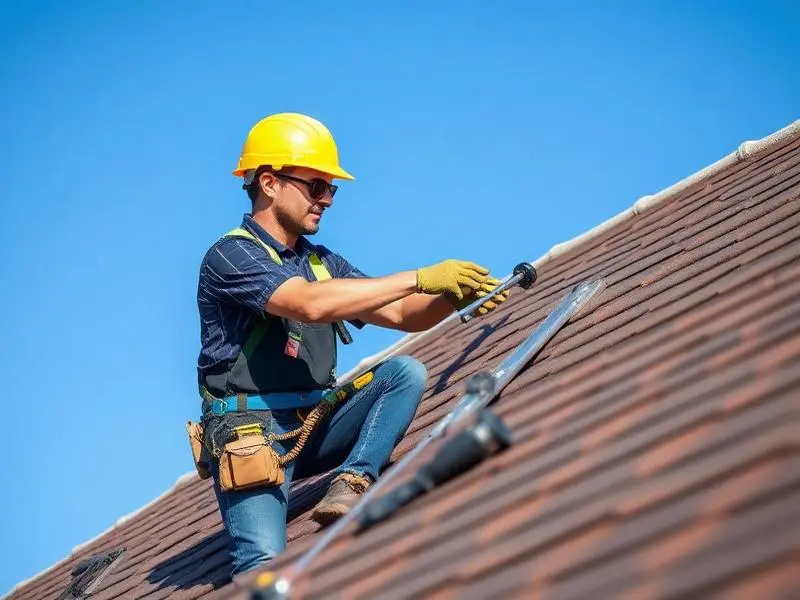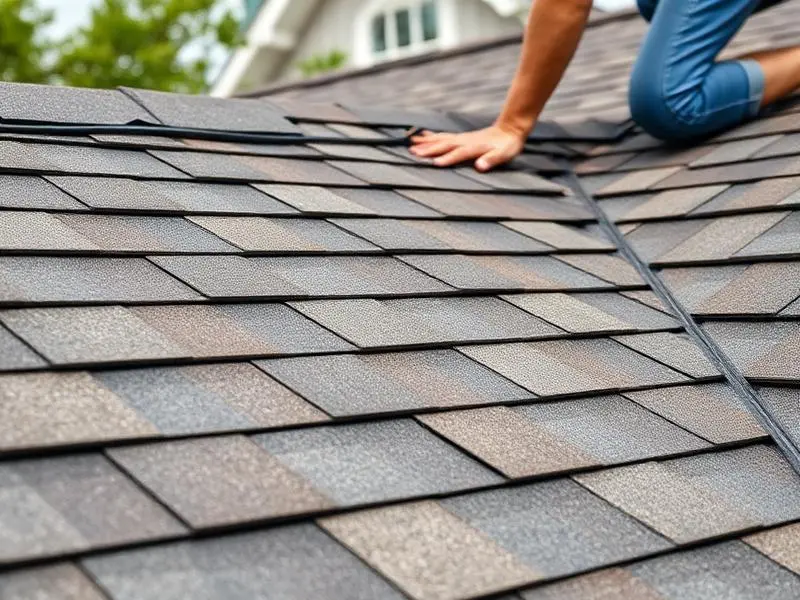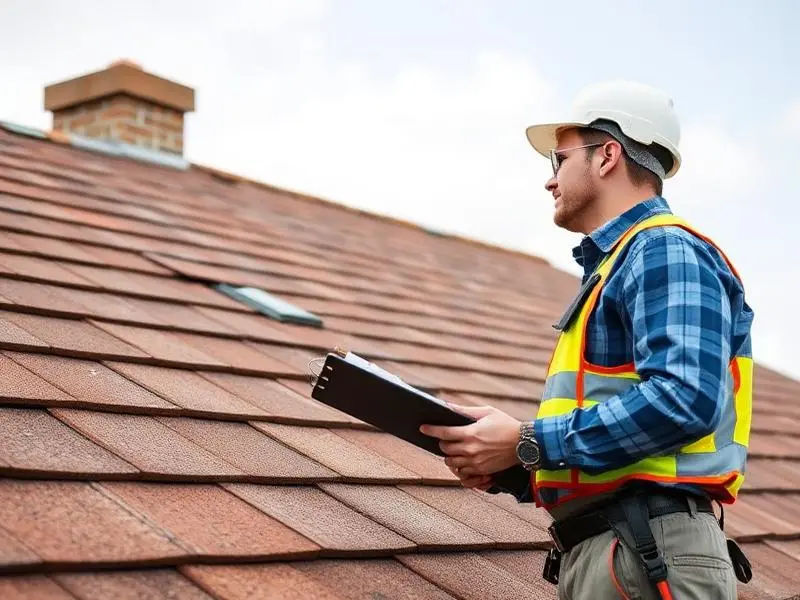Quality Materials
We use products designed to seal, waterproof, and weatherproof your structure effectively.
Timely Service
Efficient project completion with minimal disruption to your daily routine.
Professional Work
Experienced contractors dedicated to quality installation and customer satisfaction.
Our Roofing Services
Specialized in new installations and complete roof replacements for residential properties

New Roof Installation
Complete installation of quality roofing systems designed to protect your home for years to come.

Roof Replacement
Full roof replacement services using durable materials that seal and weatherproof your structure.

Professional Consultation
Expert guidance on selecting the right roofing solution for your property and budget.
Frequently Asked Questions
Find answers to common questions about our roofing services
We provide full-service roofing including roof replacement and new installation, roof repair, storm damage repair and emergency tarping, roof inspections, gutter and flashing replacement, ventilation and insulation upgrades, and flat and pitched roof systems.
Request a free estimate online or by calling the contact on this landing page; we typically schedule inspections within 24–72 hours and can prioritize emergency storm damage calls.
Yes — all crews are licensed where required, carry general liability and workers’ compensation insurance, and undergo background and safety training; proof of insurance and contractor credentials are available upon request.
We install asphalt/architectural shingles, metal roofing, clay and concrete tile, cedar shakes, synthetic slate, and single-ply membranes (TPO, EPDM, PVC) for flat roofs; material recommendations are based on budget, roof slope, and local climate.
Yes — installations include a workmanship warranty backed by our contractor guarantee plus the manufacturer’s warranty on materials; we provide documentation that outlines coverage and claim steps.
Duration depends on roof size, pitch, material, and weather, but most standard single-family asphalt shingle replacements are completed in 1–3 days; larger or complex roofs may require several days to a week.
Yes — we document damage with photos and detailed estimates, work with your adjuster if needed, and can provide the paperwork and guidance to support your claim throughout the process.
If there’s active leaking, contact us immediately for an emergency response; meanwhile, protect belongings by moving them out of the way, collect leaking water in buckets, and avoid standing directly under wet ceilings until professionals can secure the area.
Yes — we obtain required building permits, ensure work meets local building codes and inspection requirements, and coordinate inspections on your behalf so the project is compliant from start to finish.
We accept major credit cards, checks, and online payments, and offer third-party financing options for qualified homeowners to spread the cost of a full replacement or major repairs; specific plans and terms are discussed during the estimate.